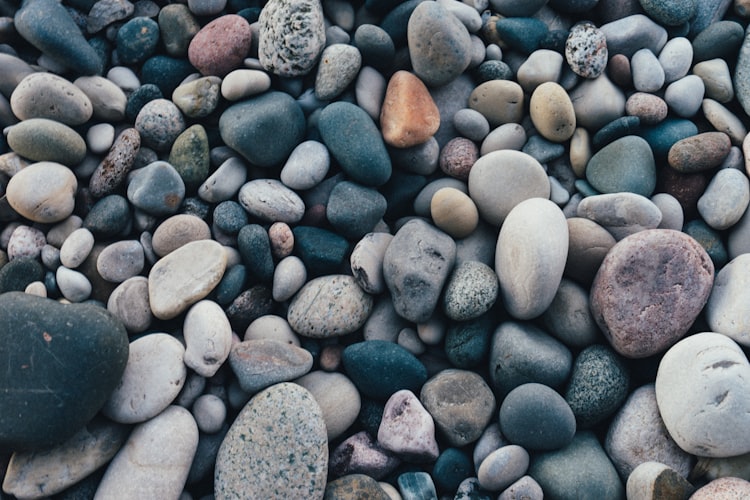Does diet cause gallstones?
Iman Abdel Moez asks, does a weight-loss diet cause gallstones?
Dr. Osama Hafni, consultant of physiotherapy and obesity, answers, saying, obesity is one of the most dangerous factors prepared for the occurrence of gallstones, especially among women, people who are obese are more likely to gallstones than people of normal weight, and some studies have shown that men Women who have fat around the abdomen (apple shape) are at greater risk of forming gallstones than those who have fat around the hips and thighs (pear shape).
The higher the BMI, the higher the incidence of gallstones (BMI is a tool for measuring obesity using the relationship between weight and height and is calculated by dividing the weight in kilograms by the square of length per meter).
Studies have shown that the risk of gallstones is three times higher in people with a BMI of more than 30 compared to people with a BMI of 24 to 25, and the risk of developing gallstones increases seven times in people with a BMI above 45 more than people with The evil body mass is less than 24.
Researchers have found that obese people produce a bile juice that contains more cholesterol than it can melt, and when it does, gallstones can form.
Also, obese people have more bitterness in size than normal weight people, this large gallbladder contains a greater amount of gallbladder juice, where it is not completely emptied, and these permanently residual amounts of gallbladder juice can form stones.
Following a wrong diet to lose weight increases the risk of gallstones, people who lose a large amount of weight quickly are at greater risk than those who lose weight at a slower pace, and rapid weight loss may also cause the conversion of silent gallstones (non-gallstones). Causing pathological symptoms) to become occasional gallstones (gallstones causing pathological symptoms), studies have shown that people who lose more than one and a half kilograms a week may have a greater risk of developing gallstones than those who lose weight at slower rates.
Those who follow a very low-calorie diet (800 calories per day or less) in order to lose a large amount of weight quickly, increase their rates of gallstones, studies have shown that 10-25 percent of people who followed such a system for 12 to 16 weeks, They had gallstones.
Gallstones are common among people who have undergone bariatric surgery such as reducing stomach size (e.g. gastric banding or wearing a gastric band) or bypassing part of the digestive system (e.g. gastric bypass surgery and diverting food to twelve), experts estimate that about a third of the patients who have had Bariatric surgery develops they have gallstones and stones usually form in the first few months after surgery.


No comments